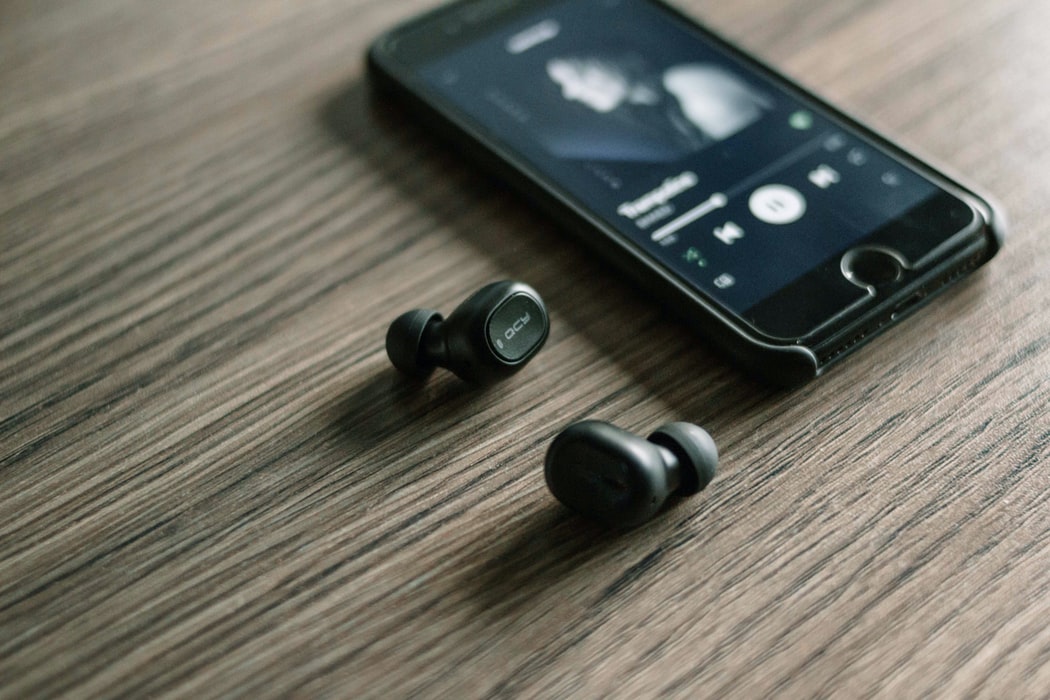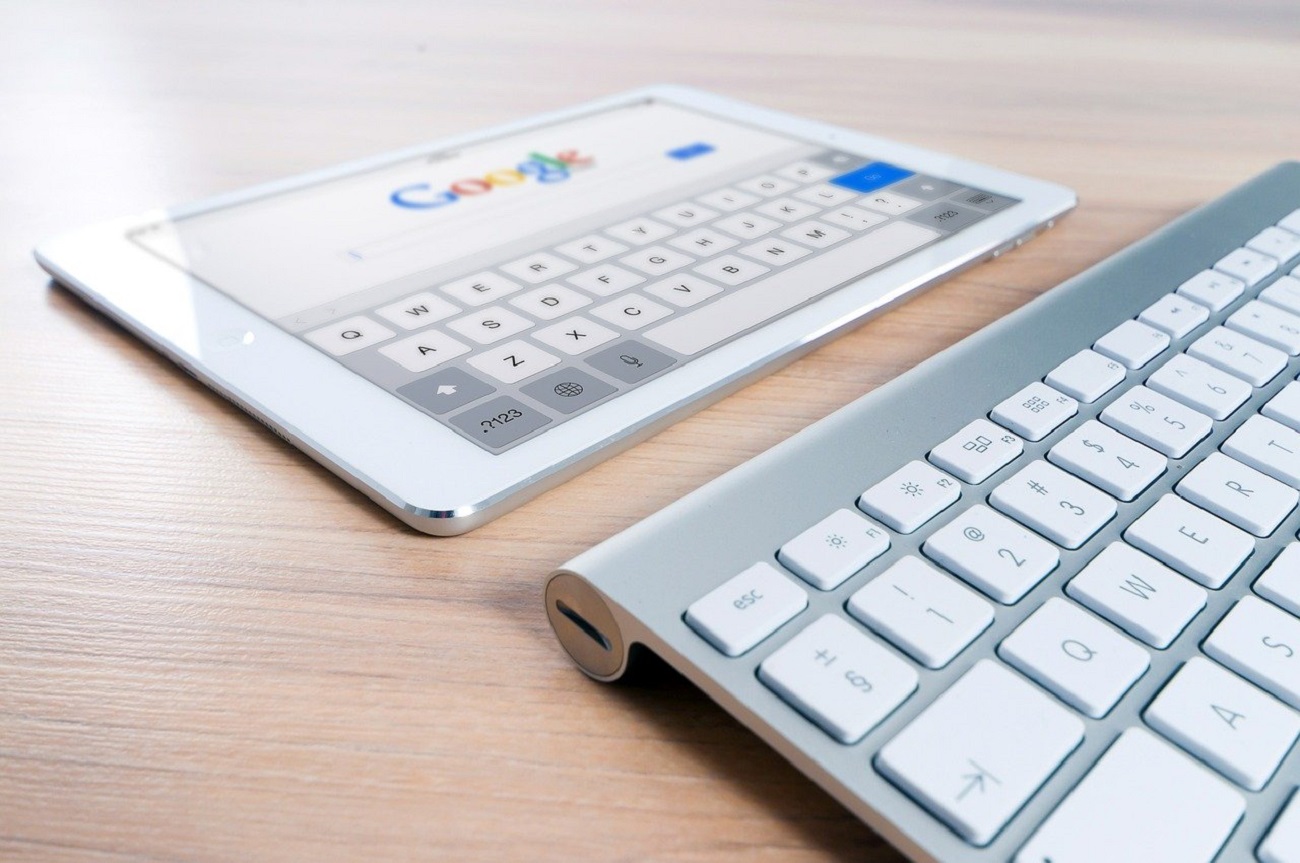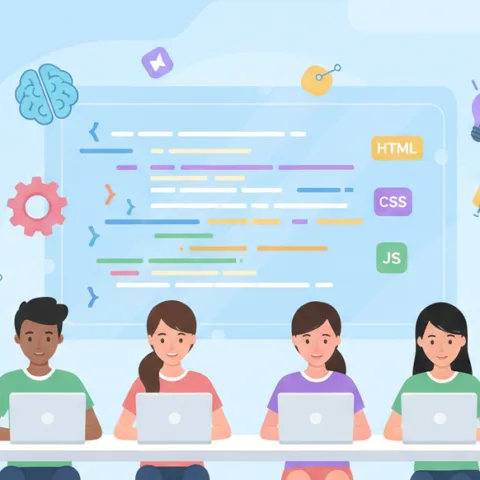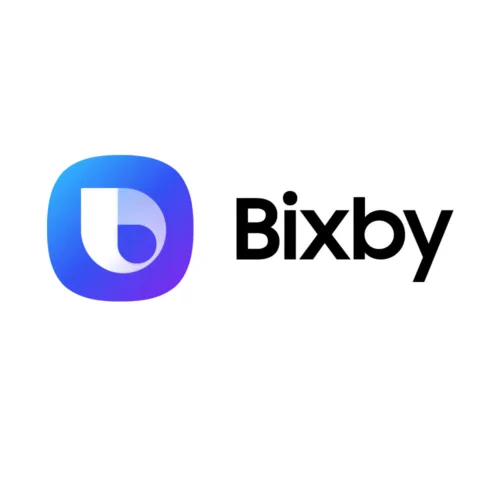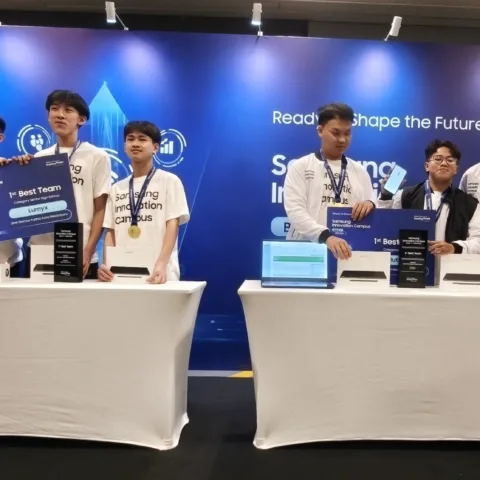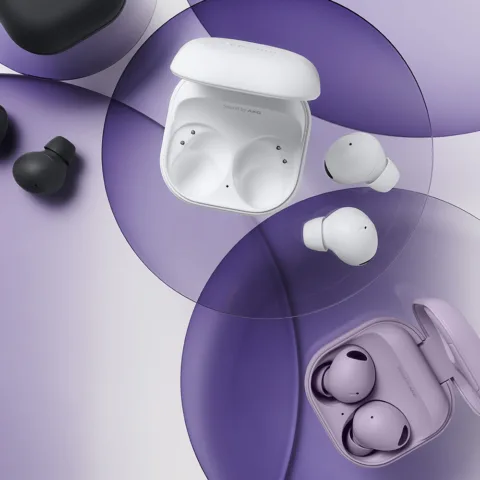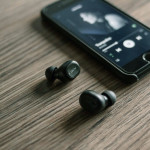 For weeks and days heading up to the NKOTBSB concert in Jakarta last Friday, longtime fans have been racking up YouTube views of their videos, and radio stations have been playing songs from NKOTB and Backstreet Boys to prime everybody up for enjoying the concert. Needless to say, on June 1 evening Jakarta time, Twitter was awash with people tweeting from the concert and sending whatever pics they can to share with their friends. The show was a success, but what can we learn and exploit from it?
For weeks and days heading up to the NKOTBSB concert in Jakarta last Friday, longtime fans have been racking up YouTube views of their videos, and radio stations have been playing songs from NKOTB and Backstreet Boys to prime everybody up for enjoying the concert. Needless to say, on June 1 evening Jakarta time, Twitter was awash with people tweeting from the concert and sending whatever pics they can to share with their friends. The show was a success, but what can we learn and exploit from it?
One of the most basic principles of music marketing is to increase awareness and raise sales, a band or musician should do live shows direct in front of audiences. This applies to new or established artists – pushing a song for increased awareness is sometimes not enough through tv, radio and the internet; but a live show (especially if tied with met-and-greet sessions with fans and autograph sessions) would do a lot to reward fans, retain loyalty, and generate awareness and interest for people who have not previously heard of the band/musician. Bands would tour tirelessly around their country – and around the world – as a way to promote themselves and their most latest album. The music labels in charge would also arrange time for the band/musician to meet with the press, to make sure they get more exposure.
Indonesia has lately been visited by more and more “older generation” bands and musicians – those artistes who were popular from the 1980s up to the late 1990s, and probably not in the current crop of Top 40 artists (although Indonesia has received a fair share of them as well). When the conditions are right, the deal is good for everyone – the artist gets a good payout from the show, the promoter gets a good turnout (depending on the artist and the segment, of course), and the audience get to see their favorite artist, live, and in many cases willing to pay a lot of money.
Back in the days before digital music, an artist’s album would be heavily promoted pre- and post-show, to make sure everybody buys the album. The hype of the upcoming concert itself is enough for people to stay tuned to radios and TVs offering free tickets (or the occasional meet-and-greet with the artist), and a nice rise in CD sales. And for those who came to the concert not knowing all the songs, there was a pretty good chance the person would buy the album after the concert (if they liked it that much).
A live performance is usually the true identity of the artist – the experience of a live concert usually can convert a lot of audience into fans (that is of course, if the artist is any good). So before and after the show, there is a small window of opportunity to push impulse music purchases riding on the impact of the concert itself.
The digital music age has not changed this; if anything, the internet has enabled multiple genres and multiple musicians to exist and survive at the same time, and not be too dependent on mainstream media like radio or TV to maintain awareness among their fans.
Social media and the ease of distribution of music through digital content – legal or not – has enabled previously popular artists like NKOTB and BSB, that may not be the current pop sensation, to remain close to their fans around the world. So when the conditions are right for a concert, there is a larger chance for ticket sales to be good and the concert a success. But there remains a few more things that digital could provide.
What I would have done: digital marketing (online and mobile) pre-event to direct people to NKOTBSB music on the internet, whether it be streaming or download. Take advantage of the media push done by radio, TV and magazines leading up to the event to get more YouTube views, song streams or music downloads. Install a location-based marketing system, alerting fans entering the concert venue about available digital products, and subscribe to a setlist alert, that would contain the song title and the song lyrics when the song is being sung on stage. Set up a system where interested fans could sign up and receive information on available music downloads and other products. Record the show and sell it as a DVD later on, and also publish a few videos online directly after the show to keep the post-concert buzz alive. And make sure every fan can get a personalized reminder of their experience of the show, enabled by a digital service.
In short – if you can make it easy for your fans to experience your music again after seeing your concert, then you probably have a great way to make some more money from digital music.
 Ario worked in the digital music industry in Indonesia from 2003 to 2010, and recently worked in the movie and TV industry in Vietnam. Keep up with him on Twitter at @barijoe or his blog onhttp://barijoe.wordpress.com
Ario worked in the digital music industry in Indonesia from 2003 to 2010, and recently worked in the movie and TV industry in Vietnam. Keep up with him on Twitter at @barijoe or his blog onhttp://barijoe.wordpress.com
[Image]

